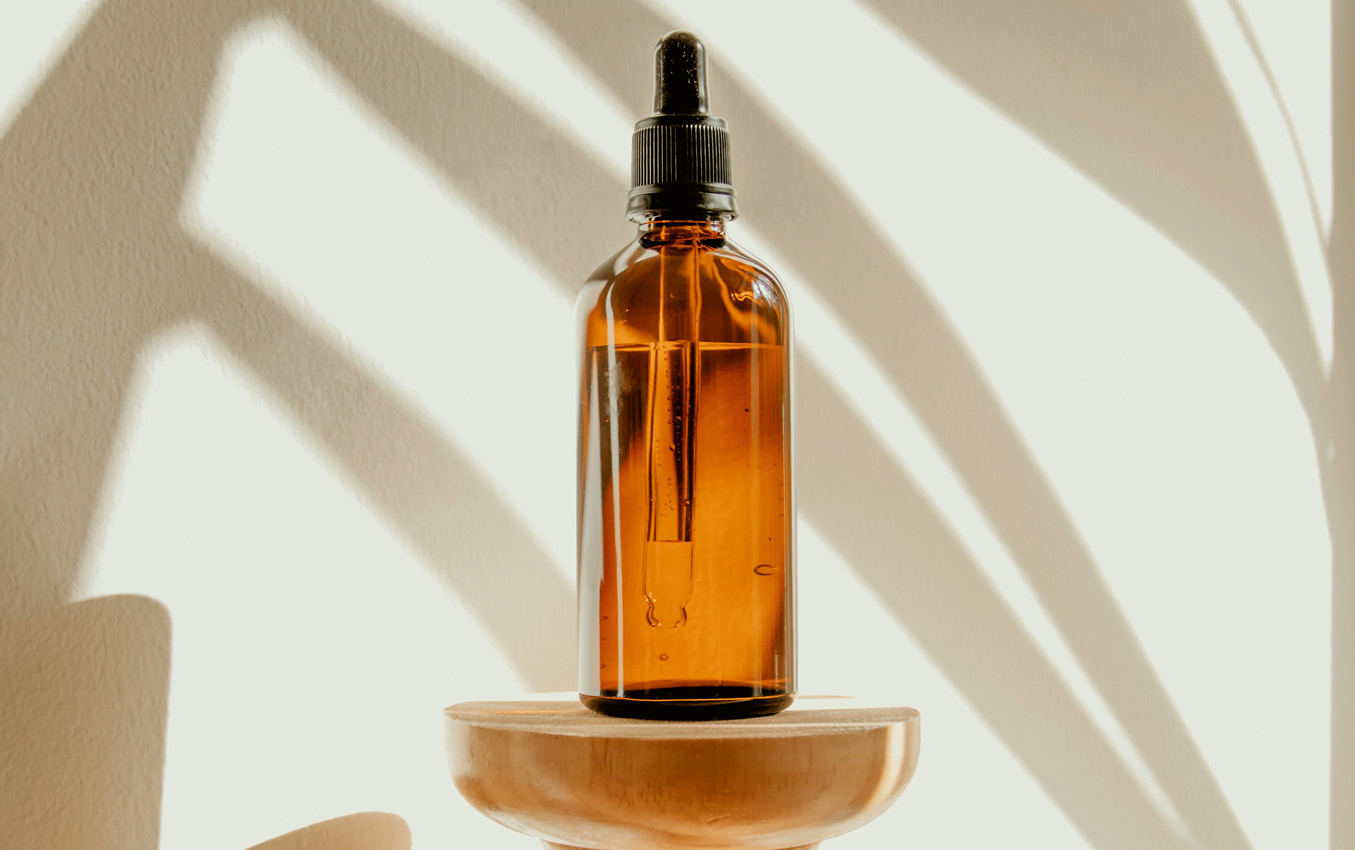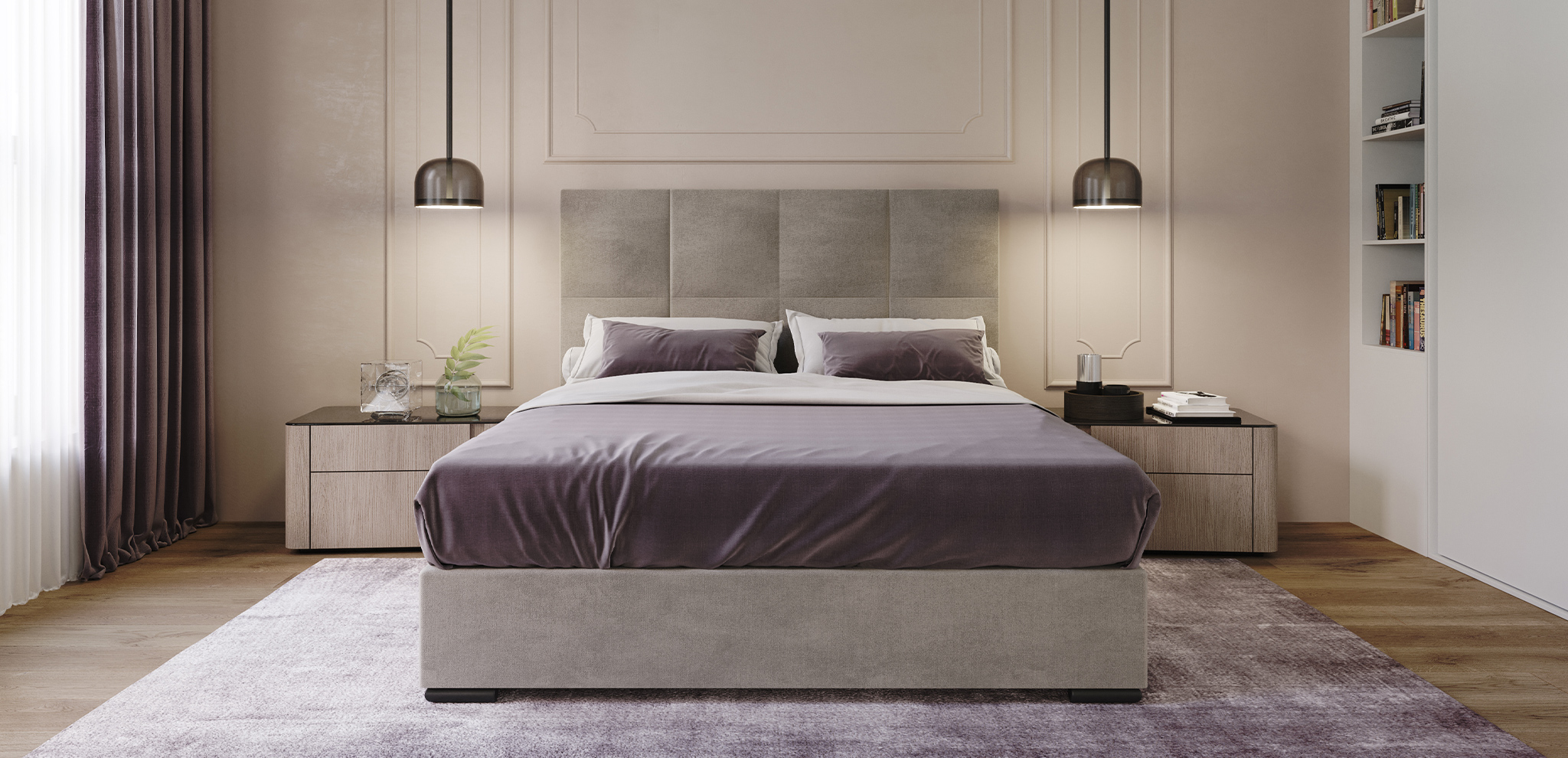24 July 2020 | Conseil du bien dormir
E-mails, social networks, likes: we are permanently online. Many people sometimes feel overwhelmed by the digital dimension of their daily lives. When that's the case, a digital detox becomes crucial!
What would you do if you didn’t waste so much of your time on your phone or tablet? Spending even more time scrolling through one’s news feed rather than reading, relaxing or listening to music is now commonplace. Whether in bed, on the bus, at the train station, at the supermarket checkout, on the toilet and even while walking, our eyes are riveted on our smartphones, which have become real extensions of our brain. According to some studies, we check it almost 88 times a day, sometimes only to look at the time. Digital tools have truly permeated everyday life.
We say to ourselves that we don’t have time to do sports, visit family, meditate... however, we always seem to find time to go online, comment on photos and take countless selfies. Almost 40% of Swiss people feel they are dependent on digital tools, others go so far as to use the term “addiction”. An addiction causes anxiety, disrupting sleep, memory, concentration, and vision while even causing back problems. Is it possible to just unplug everything? It might seem unthinkable in the hyperconnected world where the slightest question means a search on Google. The good news is that you can control your digital consumption, as you would for sugar or tobacco.
For some time now, the digital break phenomenon has been seducing increasing numbers of followers. It consists in making minor arrangements to protect yourself so as to avoid the digital overdose. It allows to step back and clarify the blurred line between professional and private life, between real life and your digital avatar. The first step is to take stock of our personal consumption and then to define objectives according to the situation.
1
Awareness
This is the very first step towards digital detox, and this awareness of one’s dependence must be as honest as possible. You have to ask yourself the right questions and observe how you feel when your smartphone is not at hand.
2
Switch to selective sorting
Originally, mobile phones were used just to make and answer calls as well as to send or receive messages. With the arrival of digital apps, everything became more complex. A sensible approach is to assess their usefulness, delete all time-consuming applications and to try to consult the remaining applications only once a day, or even once a week for the more recreational ones.
3
Mandatory breaks
and Wi-Fi free zones
To do this, you must discipline yourself to only consult your smartphone or tablet at certain times. Digital tools should also be banished from certain areas such as the bedroom and just before sleeping; blue light from screens disrupts the release of the sleep hormone melatonin. Perhaps even leave your phone outside the room altogether to enjoy a fully unplugged night. And why not invest in a classic alarm clock. Considered a vintage object nowadays, it will take back its place in the bedroom, replacing your phone as an alarm.
4
Give up « phubbing »
Contraction of phone and snubbing, phubbing means consulting your smartphone when you are, for example, in a restaurant equivalent to snubbing the person(s) with you. It is now considered annoying and rude when someone at the table incessantly looks at their screen. One could also go so far as to choose a day free of digital tools and to try this every week. Public digital etiquette must also be part of any discipline: for example, cutting annoying ringtones when using public transport.
5
Adopt the « jomo »
The joy of missing out is a healthy practice! The staging of daily life on social networks is a social phenomenon that can have sometimes harmful consequences on the behaviour of society itself. Try to log out and learn to turn off your phone for 24 hours every now and again. Replace the time saved with enriching activities that give us real and above all palpable pleasure.
Digital detoxification is beneficial in the fight against sleep disorders, to reduce stress and to help us be more communicative and alert. The time is right to once again perceive the environment in a sensory and visual way, to reconnect with the beauty of reality.


